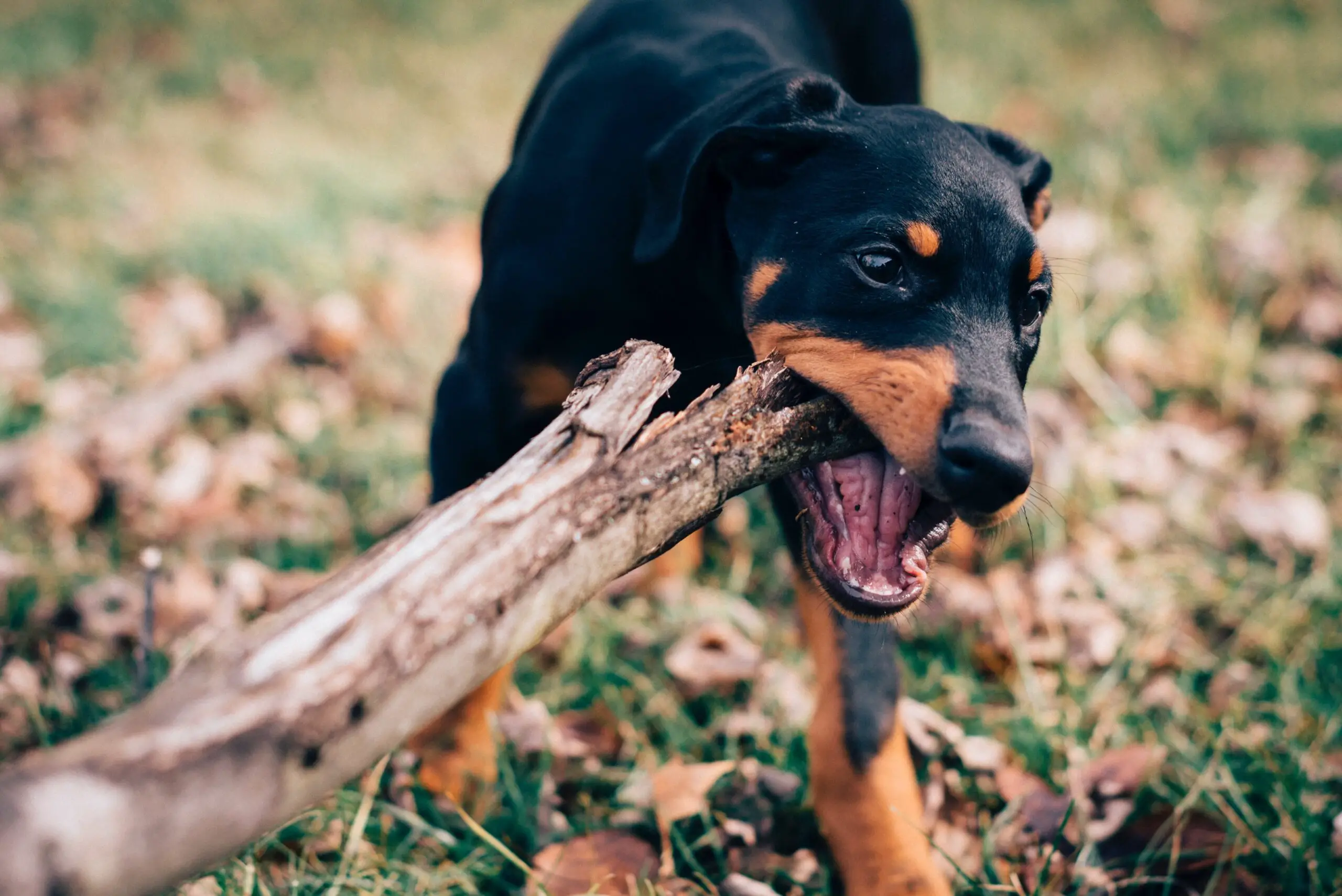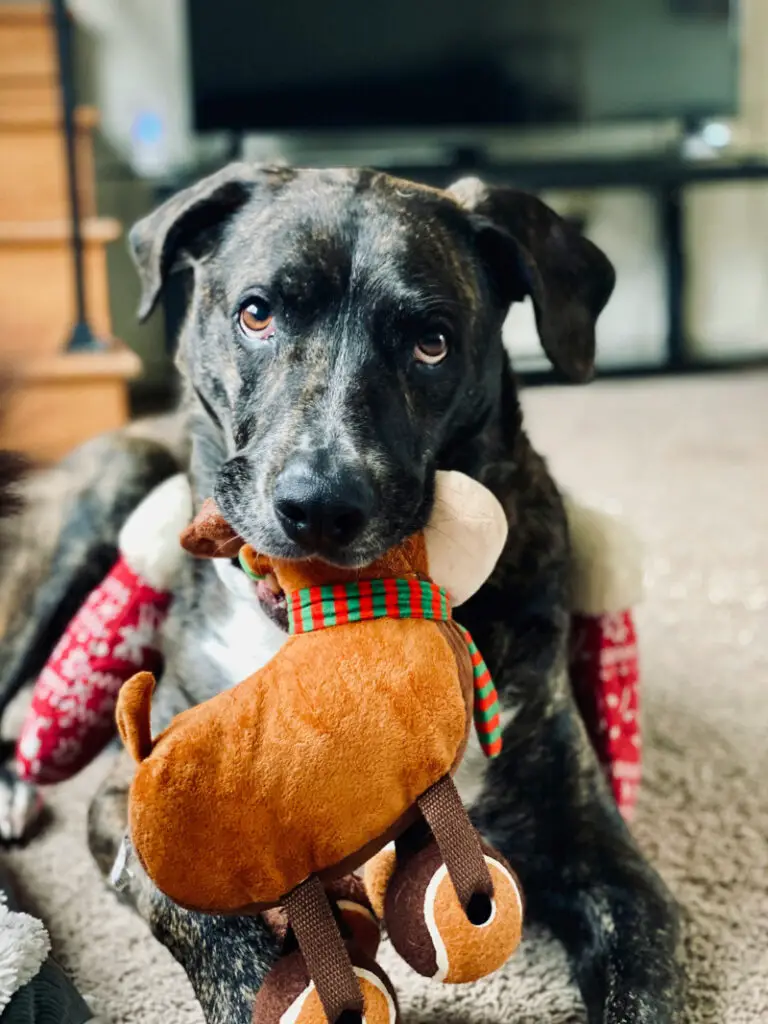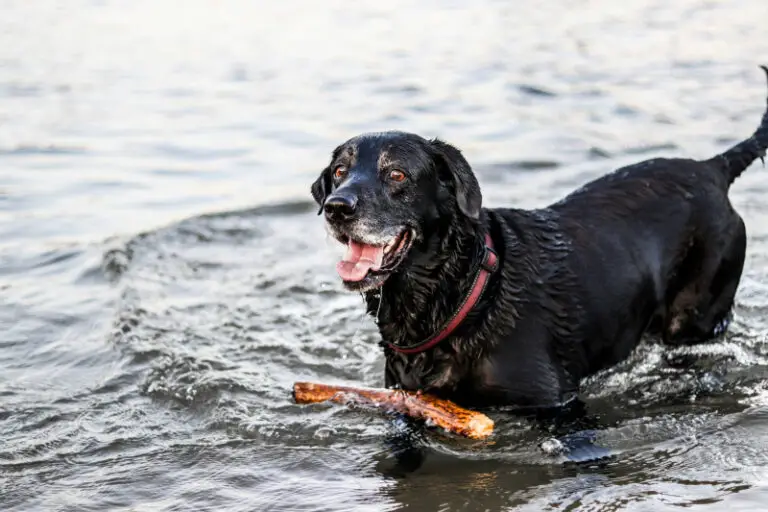Table of Contents
Unveiling the Curious Behavior of Puppies: Why Does My Puppy Chew?
There’s no denying the joy that a puppy brings to the family, but why does my puppy chew? Their playful antics, endearing personalities, and infectious energy can easily brighten up anyone’s day. But, every pet parent will be familiar with the inconvenient adventures of cute baby dogs, especially, their perennial fascination for chewing anything within their reach. This behavior is not only destructive but can also have serious implications if left unaddressed.
Highlighting the Repercussions of Unchecked Chewing Habits in Puppies
Those adorable puppy videos that make us laugh often feature a puppy chewing on miscellaneous household items. Almost everyone finds it endearing, but puppy chewing is a cause for concern which extends beyond mere ‘puppy mischief’. Unchecked chewing habits can lead to a variety of problems such as dental issues, risks of ingesting harmful objects, and damaged property.
Presentation of the Journey: Understanding the Rationale Behind Puppy Chewing and Ways to Control It
The path to curbing your puppy’s incessant chewing habit is not just about correction, but also understanding the root cause. Like human babies, puppies also go through a teething phase that urges them to chew for relief. Moreover, exploring their surroundings and alleviating boredom could also be a factor. Equipped with this understanding, we will delve into the strategies to mitigate the destructive chewing habits, provide appropriate puppy teething toys, and foster better behavior.
Decoding Puppy Behavior: Root Causes Behind the Instinctual Chewing Habit in Canines
Just like adorable puppy videos that tug at our hearts, the incessant chewing habit of puppies, while frustrating, is equally natural. As part of their growth and development, specifically during their teething phase, puppies are bound to explore their world through their mouth.
Teething and Exploration
Teething in puppies is a primary cause for their desire to chew. In contrast to human babies, who might display increased crankiness during teething, puppies ease their discomfort by chewing on anything they can find. This process begins when they as newborns and continues till they are 6 months old. Hence, during the initial months after the puppy adoption process, providing puppy teething toys can help ease their discomfort and also deter them from destructive chewing.
Chewing for Mental Stimulation and Boredom Relief
Being inherently curious and active, puppies, especially small breed puppies, require ample mental and physical stimulation. Their chewing behavior can be attributed to their need to explore and understand their surroundings. A lack of activity and stimulation may force puppies to resort to chewing as a way of alleviating boredom. Regular puppy obedience training and a well-regulated puppy feeding schedule can provide the required mental and physical stimulation, indirectly mitigating unnecessary chewing.
Chewing Due to Hunger or Nutritional Deficiency
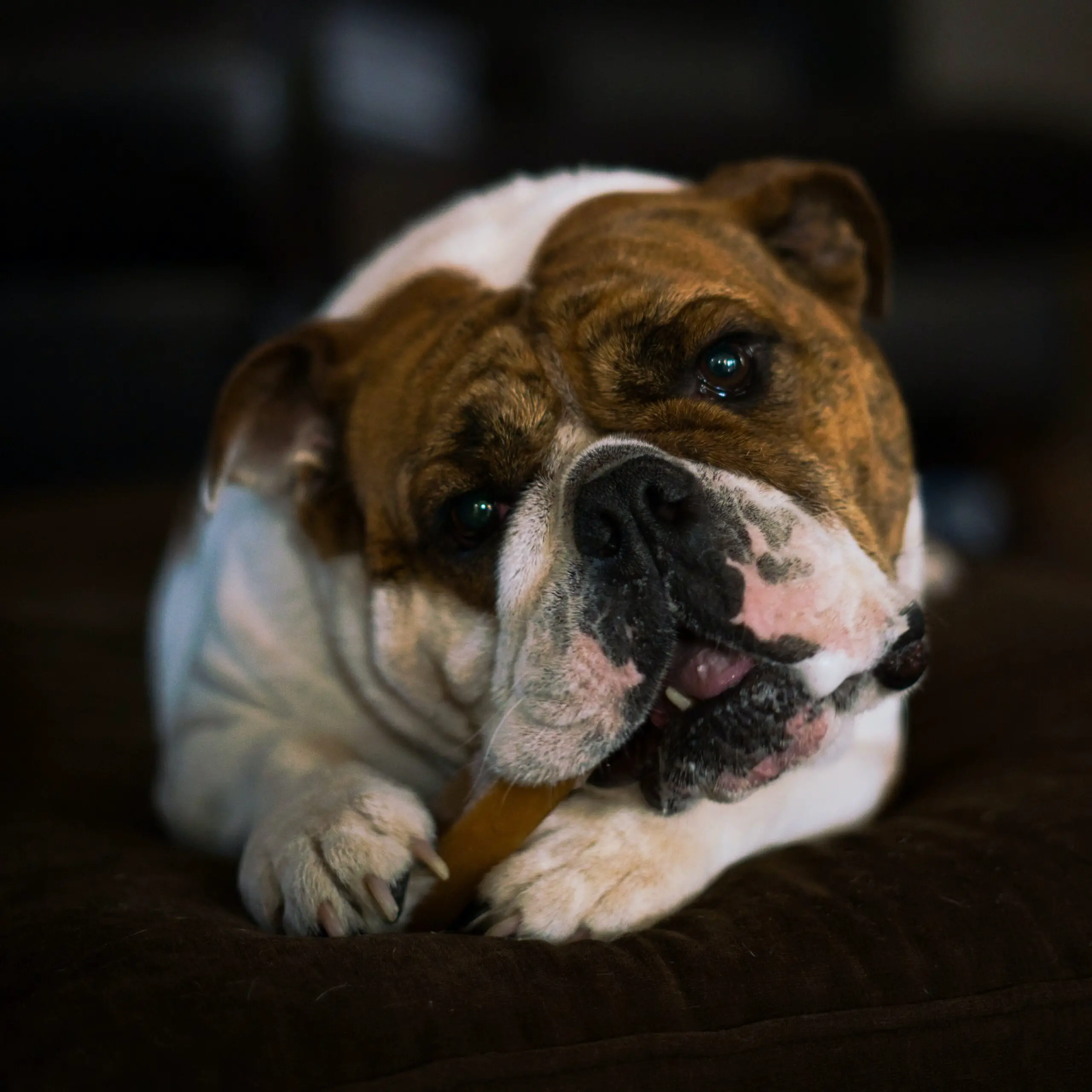
Yes, puppies chew when they are hungry! Not adhering to a proper puppy feeding schedule or nutritional deficiencies could lead to them gnawing away at objects. The cute baby dog pictures we adore might not effectively convey that puppies require a nutritious diet for healthy growth and development. It is essential to consult a veterinarian and conduct routine puppy health checks to rule out any such concerns contributing to the puppy behavior problems, including excessive chewing.
Chewing As Part of Their Playtime
Just like their playful puppy pictures suggest, puppies love to play, and by extension, love to chew as part of their playtime. The playful chewing that starts off as a fun activity could quickly magnify into a destructive habit if not properly monitored and rectified. Integrating positive activities like playtime with puppy teething toys and housetraining a puppy can help address their playful chewing.
Impact Assessment: Analyzing the Consequences of Chewing Habits on Puppy Health and Home Environment
The destructive chewing of a cute baby dog can be very frustrating for pet parents, but what’s often overlooked are the potential risks it poses to the puppy’s health and the home environment. Feasible solution like puppy training is needed to ensure that neither your pet nor your household items suffer.
Danger to Puppy’s Health
Beyond the perimeter of what’s showcased in the playful puppy videos, a severe repercussion of unchecked chewing habits lies in the danger it poses to the puppy’s health. Chewing on various objects can expose your puppy to sharp edges that can cause injury, while also running the risk of ingesting harmful or toxic substances. In addition, unchecked gnawing can lead to dental problems like broken teeth and gum injuries, making regular puppy health checks mandatory.
Damage to Valuable Household Items
The adoration we have for our puppies does not extend to the damages inflicted upon our favorite household items. Puppies view your prized possessions like shoes, furniture, and cables as exciting chew toys. Hence, the need for puppy obedience training to inhibit this behavior and protect your household items.
Strain on the Puppy Adoption Process
Chewing habits can strain the puppy adoption process as well – potential owners may be less inclined to adopt puppies with destructive chewing habits. This issue is particularly prevalent with pet store puppies who often develop stress-induced chewing habits due to their environment. Therefore, awareness about suitable puppy training and housetraining should be part of the puppy adoption process. By providing potential owners with the knowledge and tools to manage these behaviors, puppies have a higher chance of finding a forever home.
Influence on Puppy Behavior and Socialization
The chewing habits extend beyond the physical realm and can influence a puppy’s behavior and social skills. Puppies who spend most of their time chewing might miss out on vital socialization experiences and training opportunities. This is where puppy obedience training and proper newborn puppy care come into play, ensuring your puppy develops into a well-behaved and sociable pet.
Solutions Unveiled: Proactive & Reactive Strategies to Manage and Modify Puppy Chewing Habits, Including Actionable Advice and Real-World Examples
The charming antics of puppies featured in adorable puppy videos can sometimes mask the pressing need to curb their destructive chewing habits. It requires a blend of proactive and reactive strategies, including specific training techniques and routines for puppy feeding and grooming.
Puppy Obedience Training and Housetraining
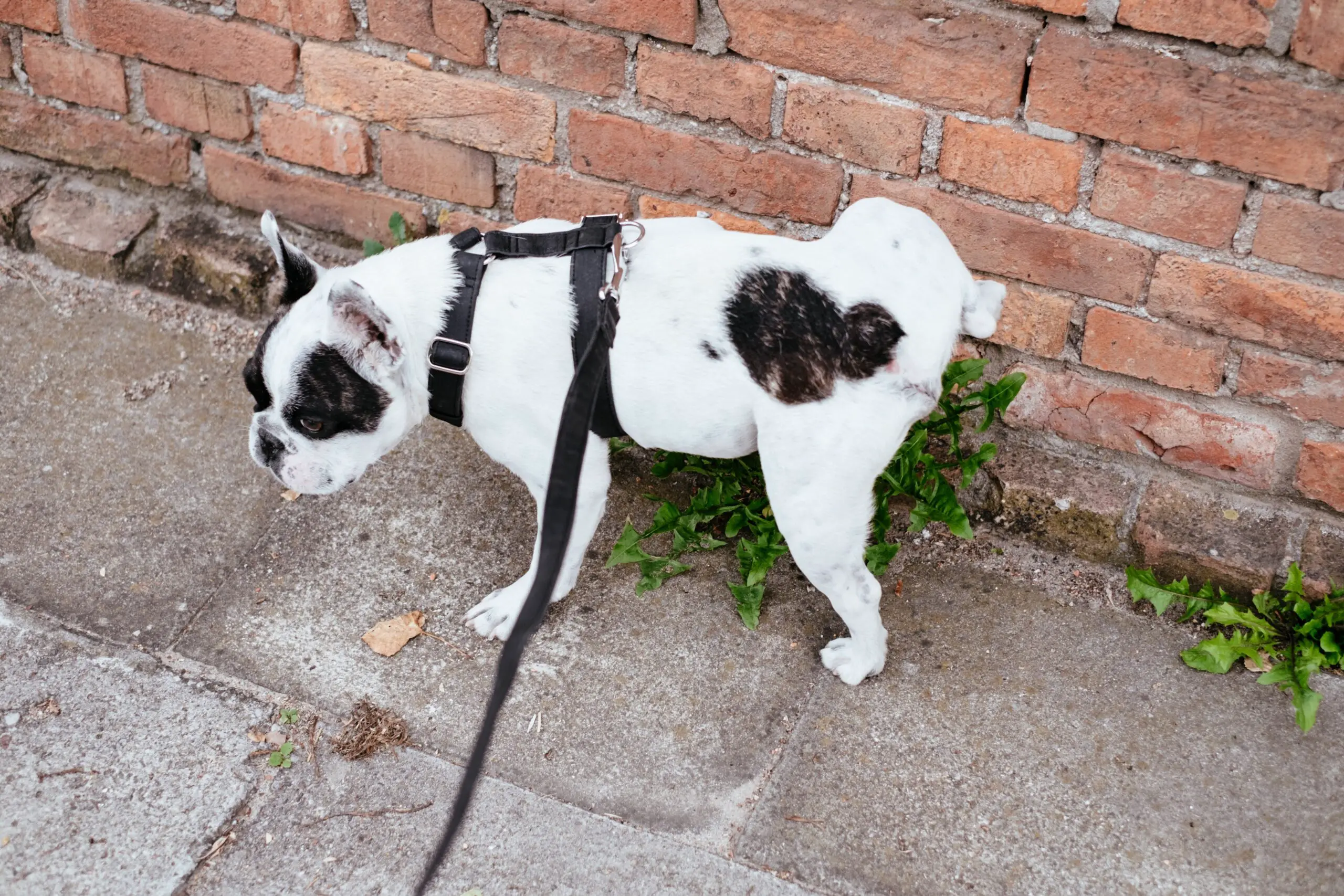
One of the first steps in rectifying chewing behavior problems is puppy training. A well-structured puppy obedience training goes a long way in establishing a healthy routine for the puppy. In addition to teaching them basic commands, puppy training also sets a stage for positive reinforcement where the puppy learns to exhibit behavior that earns them rewards or praise. Furthermore, proper housetraining helps puppies understand ‘off-limits’ zones in the house, significantly reducing potential chewing mishaps.
Provision of Puppy Teething Toys
No amount of puppy training can eliminate the natural instinct of puppies to chew while teething. Here, proactive intervention can greatly help. Investing in puppy teething toys that have been specifically designed to alleviate teething discomfort can provide your puppy with a safe, satisfying outlet for their instinctual chewing habits. Always opt for toys that are non-toxic and durable. Rotate between different toys to keep them interested and engaged.
Regular Exercise and Mental Stimulation
Lack of exercise and mental stimulation can induce destructive behaviors, including excessive chewing in puppies. Regular playtimes, walks, and engagement activities can ensure your puppy stays physically active and mentally stimulated, reducing their impulse to chew destructively.
Scheduled Puppy Feeding
A well-regulated puppy feeding schedule not only caters to their nutritional needs but also builds a tangible routine for your puppy, which contributes to overall behavior regulation. If a puppy is well-fed and their nutrition is well taken care of, the chances of them resorting to destructive chewing lessen significantly.
Implementing Puppy Grooming and Health Checks
Routine puppy grooming and health checks should not be overlooked while managing and modifying puppy chewing habits. Regular health checks can help to identify dental issues or ingestions resulting from excessive chewing at an early stage while grooming sessions can serve as a training ground for your puppy to learn to accept handling without resorting to biting or chewing.
Reflection on the Mutual Benefits of Changing Puppy’s Chewing Habits for Their Overall Health and the Household
Managing the incessant chewing tendency in puppies does more than just save prized belongings. It has a significant impact on the overall health of puppies and the harmonious living environment of the household. From avoiding physical health risks like dental damage and ingestion hazards to promoting better socializing and interaction skills, shifting the chewing behaviors lays the foundation for your adorable pet’s wholesome growth and development.
This mission involves not merely courses of action but an entirety of understanding and companionship. Recognizing the causes of puppy chewing, like teething and exploration, and adapting accordingly, you ensure a comfortable and stress-free environment for them. For example, providing them with puppy teething toys, regular health checks, or periodical grooming. Understanding their perspectives will make puppy training, obedience, and housetraining, not just a routine but a symbol of intimacy shared with these cute baby dogs.
Closing with a Call to Action for Puppy Parents: Leveraging Understanding and Tools to Promote Positive Puppy Behavior
The joy of being a puppy parent comes with responsibilities and challenges, such as mitigating destructive chewing habits. Arming oneself with knowledge about this behavior, its causes, implications, and solutions can drive towards a healthy, safe, and positive environment for both the pet and owner.
A clear cut understanding of why puppies chew helps parents become more empathetic towards their pets, making it easier to tackle the situation. By undertaking tasks like regular puppy feed scheduling, providing high-quality puppy teething toys, timely health checks, and maintaining their physical fitness through exercise, puppy parents can help nurture their pets towards becoming healthy, well-behaved, and adorable adult dogs.
Never forget, while it is essential to control this habit, puppies will be puppies, and their playful antics are part and parcel of their world. Take a moment, laugh and join in their fun. After all, a household with a puppy has more laughter, more love, and undeniably more life.

